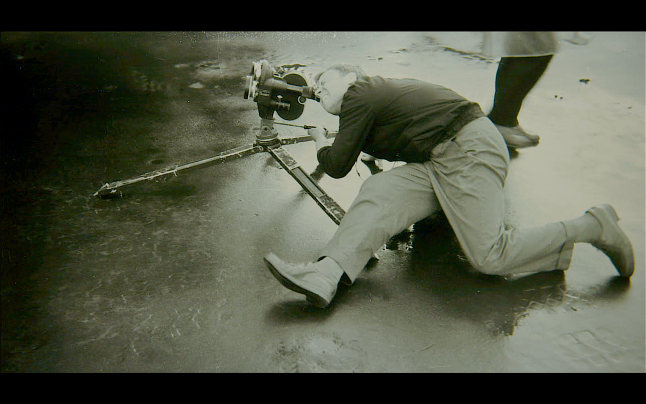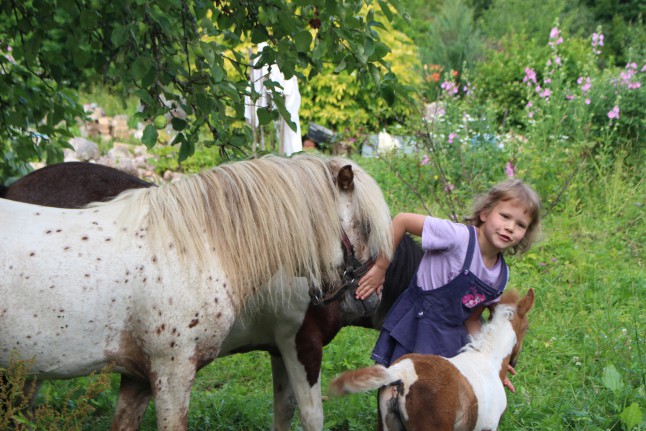Documentary film projects To Be Continued and Baltic New Wave have been selected during the Vilnius IFF’s industry event Meeting Point – Vilnius earlier this spring to be among the four film projects that will be screened in the prestigious Goes to Cannes program at the 70th Cannes International Film Festival. These films present the very strong documentary film school of the Baltic region, and are made by established directors – Kristīne Briede (Latvia) and Audrius Stonys (Lithuania), as well as by the legendary Latvian filmmaker Ivars Seleckis. Both films have received support in the program Latvian Films for Latvian Centenary.
These documentary films will be presented at the VILNIUS GOES TO CANNES market screening May 22, 14.00-16.00, Palais K Level 4, Palais des Festivals

BALTIC NEW WAVE (BALTIJAS JAUNAIS VILNIS)
directed by Kristine Briede and Audrius Stonys
written by Kristine Briede and Audrius Stonys with participating Ramunė Rakauskaitė, Arūnas Matelis and Riho Vastrik
Lithuania, Latvia Estonia
A story about a unique phenomenon in the history of cinema – the Baltic school of poetic documentary and its creators. Filmmakers from Latvia, Lithuania and Estonia who broke the dogmatic tradition of propaganda documentaries in the Soviet Union during the 1960s. They created films that were completely different: humane, meaningful and poetic. The story is told as a poetic road movie with elements of mystery by two filmmakers – contemporary director Audrius Stonys (LT) at the peak of his career, and Herz Frank (LV/ISR), his late friend and mentor. Frank guides Stonys and the audience by following the Map of Ptolemy – a symbolic cinematographic code-book that suggests new discoveries both in poetic filmmaking and its meaning.

TO BE CONTINUED (TURPINĀJUMS)
directed by Ivars Seleckis
written by Dace Dzenovska
Latvia
The documentary captures Latvia’s future as seen by children, while observing how children’s lives are shaped by the situation in their country. Shot over the course of two years, the film follows seven children from all around the country who started attending school in 2015. Each of them leads different lives. One resides in the Latvian countryside, with parents who hope their child will become a farmer, another is staying with their grandmother while their mother works in the UK, the third child, whose grandparents came to Latvia after World War II, dreams of becoming a businessman. They are seven children at the intersection of various historical, social and economic processes.


